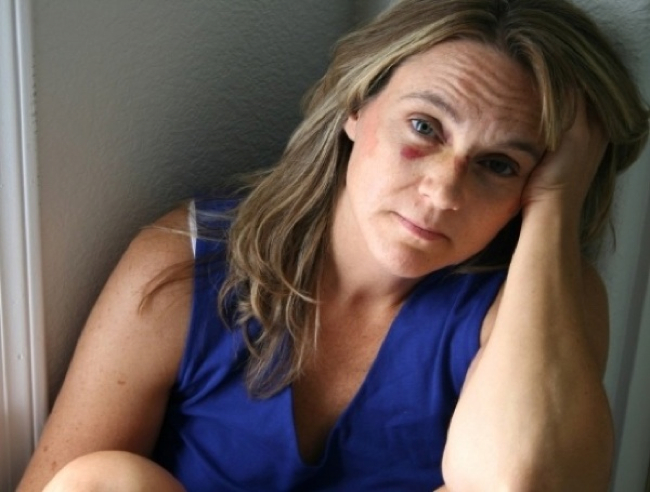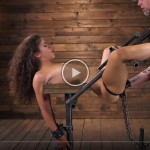To many people all bdsm is abusive, but the fundamental difference between bdsm and abuse is consensuality. Abuse is only present where informed consent is absent. D/s relationships may involve deep levels of caring and kindness but it would be foolish to deny the potential risks of a lifestyle based upon domination and submission. Sometimes bdsm attracts people who have been psychologically damaged by rape or previous abusive relationships, or bullies who need to abuse others to compensate for their own insecurities. Be careful in your choice of partners and relationships if you wish to explore bdsm. There is some useful information about abuse in our own ‘illustrated guide to bdsm’ and also some other external links which may help.
In the words of Clarrisse Thorn at Feminste.us
We get scared of the accusation that “BDSM is always abuse” … and we’re accustomed to accusations from certain feminists such as “those of you who pretend to like BDSM just have Patriarchy Stockholm Syndrome and don’t know what you really want” … and often, we’re also fighting our own inner BDSM stigma demons. We get angry that our sexual needs are seen as politically problematic, or unimportant.
And so, for a lot of people, our instinctive angle on abuse in the BDSM community is: “Shut up! That’s not what’s going on!” And that’s a problem.
Obviously, I don’t think BDSM is inherently abusive! Exploring my personal BDSM desires has given me some extraordinary, consensual, transcendent experiences and connections. I also genuinely believe that BDSM has the potential to control, subvert, and manage power. BDSM can be a place where people learn to understand bad power dynamics in past relationships; it can be a place where people learn to manage or destroy bad power dynamics in their current relationships; it can be a place where people find glory, self-knowledge and freedom by manipulating their own reactions and responses to power.
Read On…









